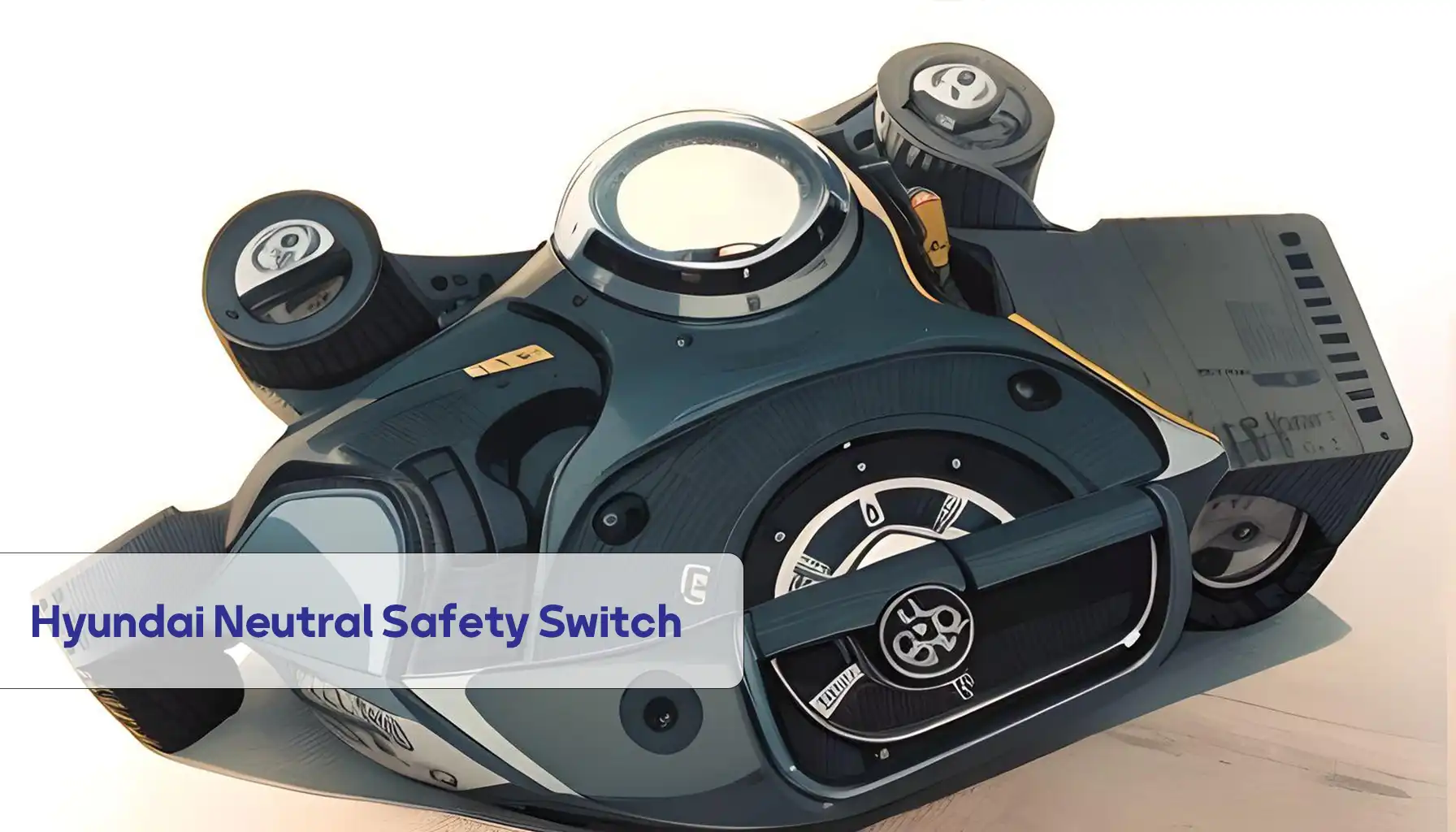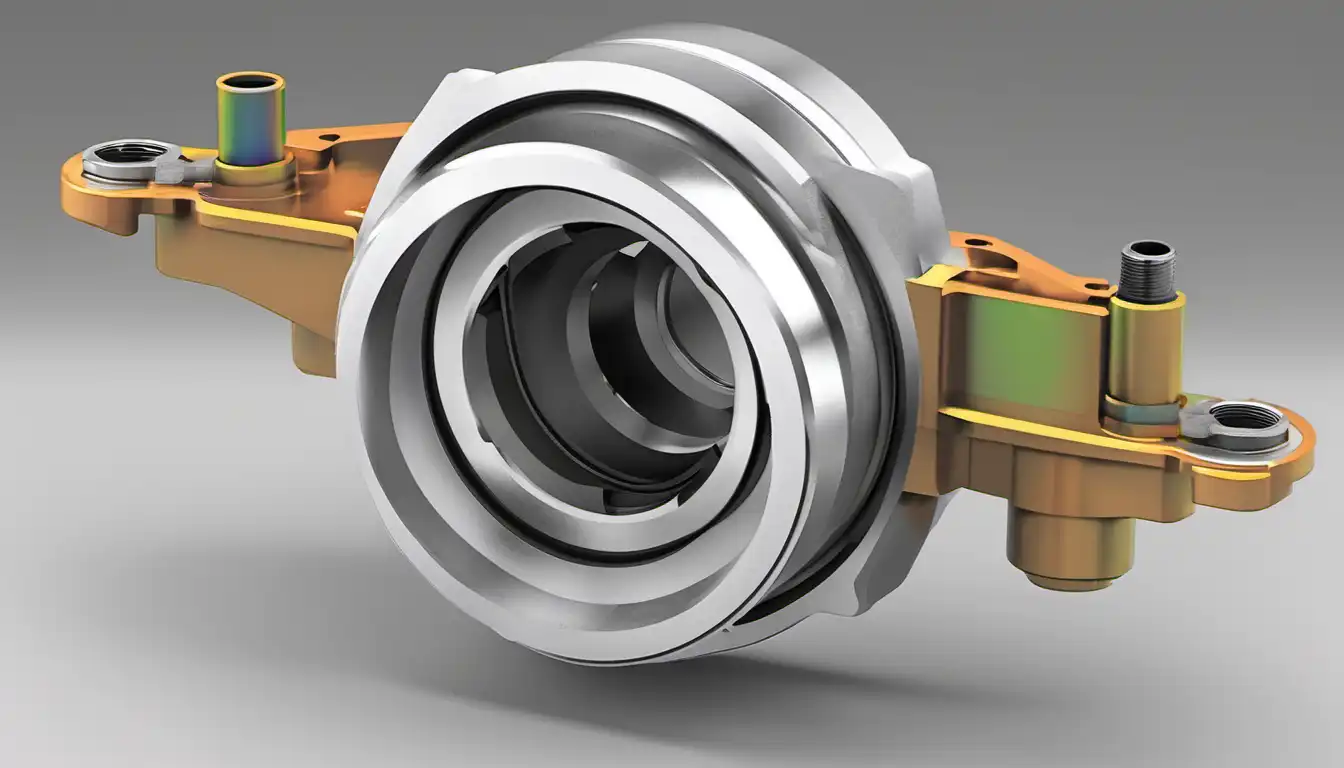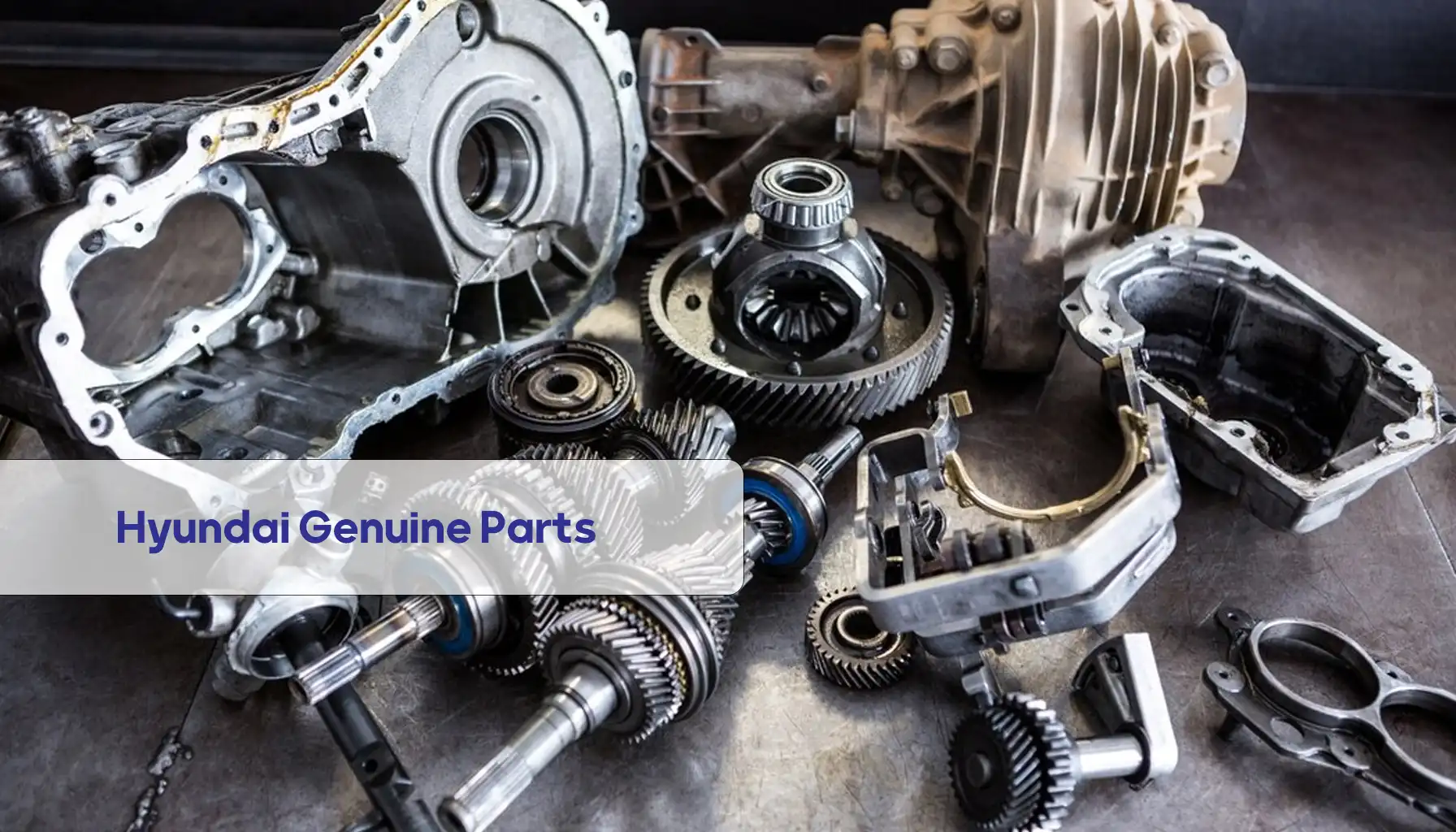If the brakes consistently squeal, screech, or make noise, you might be tempted to dismiss them. cars always produce strange and unfamiliar sounds, right? The reality is that disc brake squeal or screech can cause concern and that the sound of brakes is like nails on a chalkboard which is so annoying and even very dangerous!
So, if you have that issue, whenever your vehicle comes to a stop, the brake system screams harshly and make a grinding noise, or create a racket. besides that, brake squeaky noise can indicate a serious safety issue that could impact your vehicle’s stopping ability. It’s best to have your car inspected by a trusted mechanic as soon as you hear such brake noise. To understand how crucial brake noises is and why you should consider to maintenance and repair them read this article.

Why Do Disk Brakes Make Squeaky Noise?
squeaky noise of brake dicks is common and often irritating issue that many drivers and cyclists may face with it. So, understanding the reasons behind this noise can help address and prevent it. Here are the leading causes:
- Contaminated Brakes
- Brake Material
- Worn-Out Brake Disks Pads
- Misalignment of Brake Components
- Bent or Warped Rotor
- Loose Parts
- Environmental Conditions

Is squeaky disk brake dangerous?
Yes! Squeaky disk brakes can be a nuisance and very dangerous, Actually but understanding the common causes can help you address and prevent the noise and regular maintenance, proper cleaning, and doing very vital job like timely buy front disc brakes are crucial to keeping your brakes quiet and efficient. If the noise persists despite these efforts, consulting a professional mechanic can help diagnose and fix them.
At Arsintrading, we have prepared the possibility of buying the best and highest quality front disc brakes for Hyundai and Kia in Dubai and UAE.
Reasons for Squeaky Disc Brake?
The culprit behind squeaky disc brakes is often the result of a build-up of brake pad material on the rotor, which can occur due to factors such as contaminated brake disc and pads with uneven wear or the presence of debris on the rotor surface.
Therefore, environmental conditions like moisture and humidity can contribute to the development of squeaky brakes. These factors, when combined, can lead to the infamous high-pitched squeal that sends shivers down the spine of any vehicle operator.
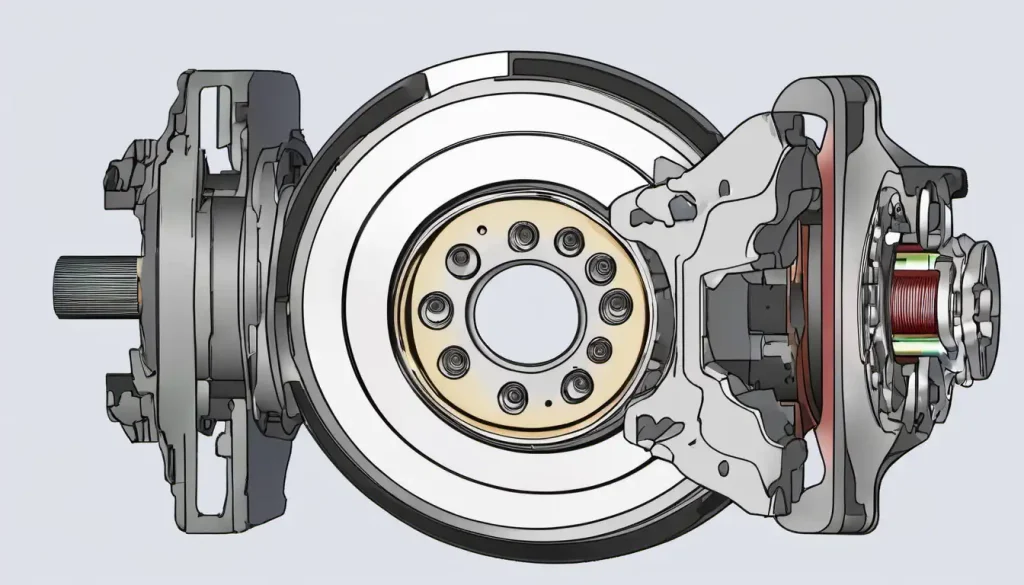
One of the significant reasons for squeaky disc brakes is the use of inappropriate or low-quality brake pads. Organic pads, while quieter, tend to wear out faster and can become noisy when they are nearing the end of their lifespan.
Another thing that you should consider is that, metallic or semi-metallic pads, although more durable and they are more prone to generating noise, especially during their initial break-in period.
improperly installed brake components, such as misaligned calipers or unbalanced rotors, can also contribute to the squealing sound. When the brake caliper is not aligned correctly, it can cause uneven pressure on the brake pads, leading to vibrations that manifest as noise.
How to stop disc brakes from squeaking
One of the most important and vital solutions for stop disc brakes from squeaking is to ensure that the pads and rotor are clean and free of any debris or contaminants. Regular maintenance and cleaning of the brake components can significantly reduce the likelihood of squeaking.
using specially formulated brake pad compounds designed to minimize noise can be an effective strategy for preventing the development of squeaky disc brakes. Another approach is to bed them properly in the brake pads which it involves some process like gradually heating and cooling the pads to transfer an even layer of pad material onto the rotor surface which can help to eliminate any inconsistencies in the pad to rotor contact that may be contributing to the noise.
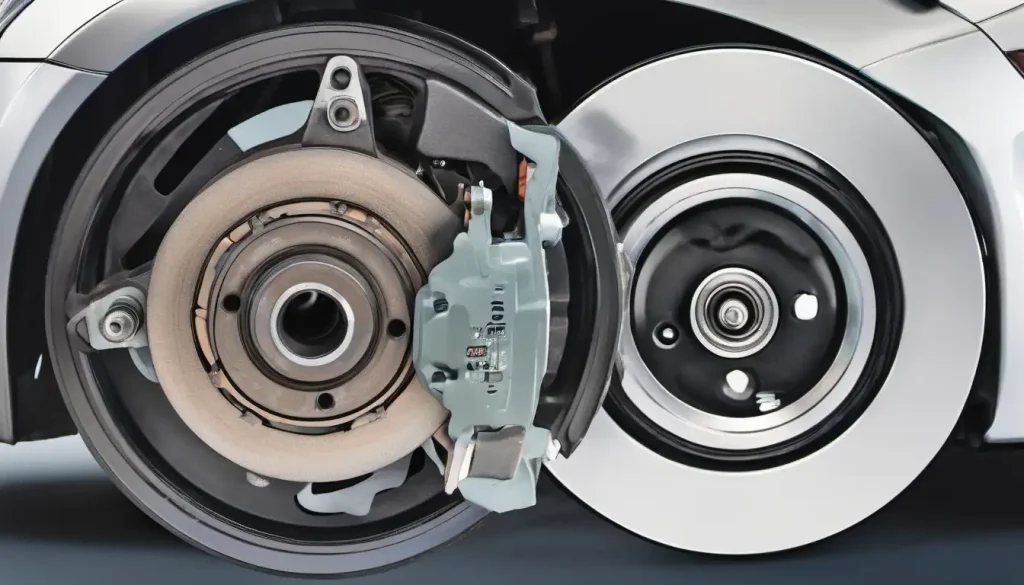
It’s essential to choose the right type of brake pads for your specific needs and riding conditions, and opting for high-quality, noise-reducing pads can make a substantial difference.
Ceramic pads, for example, are known for their quiet operation and long lifespan, making them a popular choice among cyclists and motorists alike. Additionally, applying a thin layer of anti-squeal lubricant or paste to the back of the brake pads can help dampen vibrations and reduce noise.
It’s also crucial to ensure that all brake components are correctly installed and torqued to the manufacturer’s specifications. Misaligned calipers or unevenly tightened bolts can lead to vibrations that cause squeaking.
While squeaky disc brakes can be a frustrating nuisance, they are a common issue with practical remedies. By understanding the reasons behind squeaky brakes and implementing effective maintenance and prevention strategies, cyclists and motorists can minimize the occurrence of this unwelcome noise and enjoy a quieter, more pleasant braking experience.
Regular inspections, proper installation, and the use of high-quality components are key to keeping your disc brakes operating smoothly and silently. Remember, a little preventative care can go a long way in ensuring that your braking system remains dependable and noise-free.

